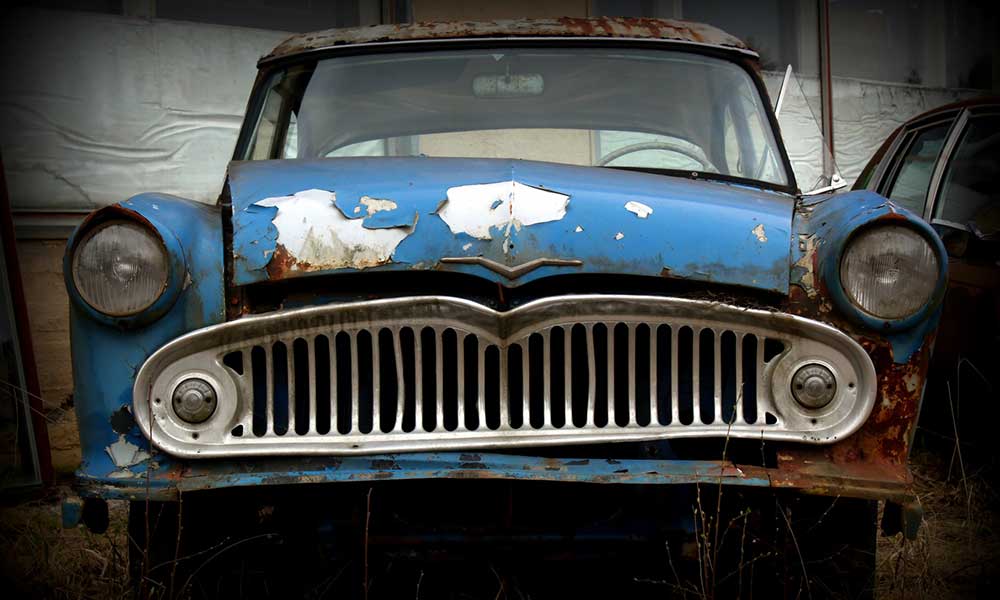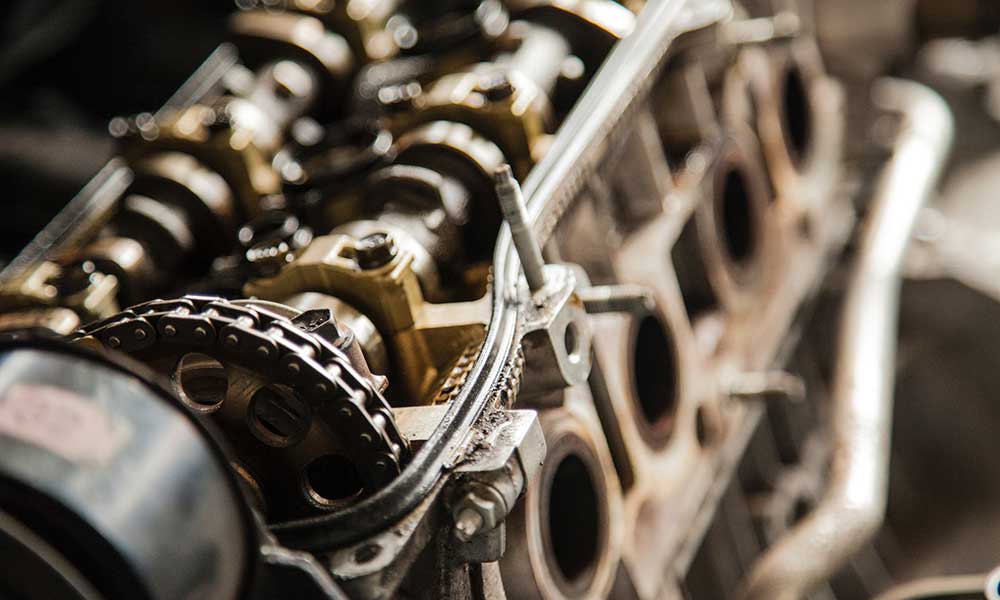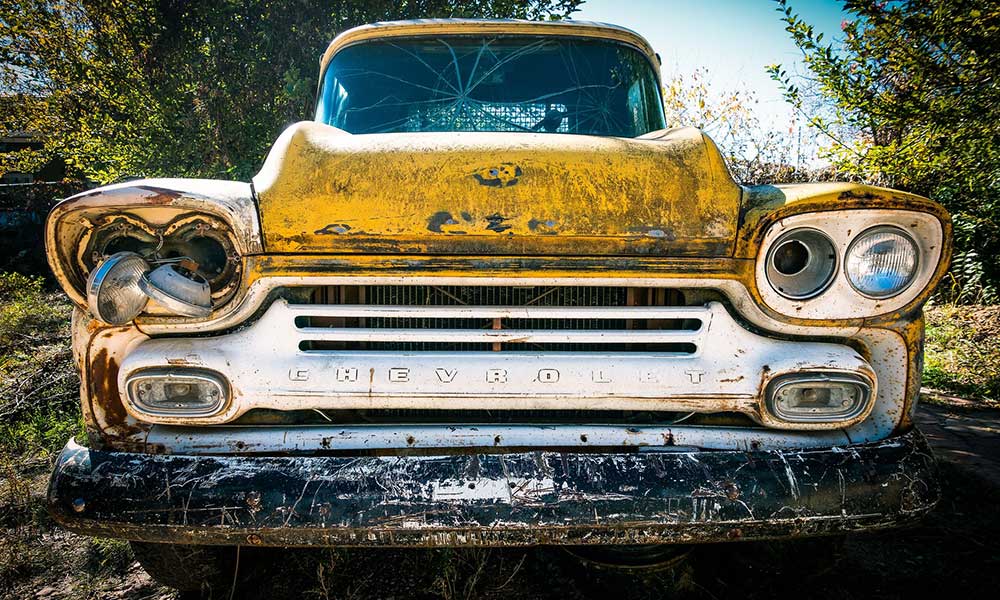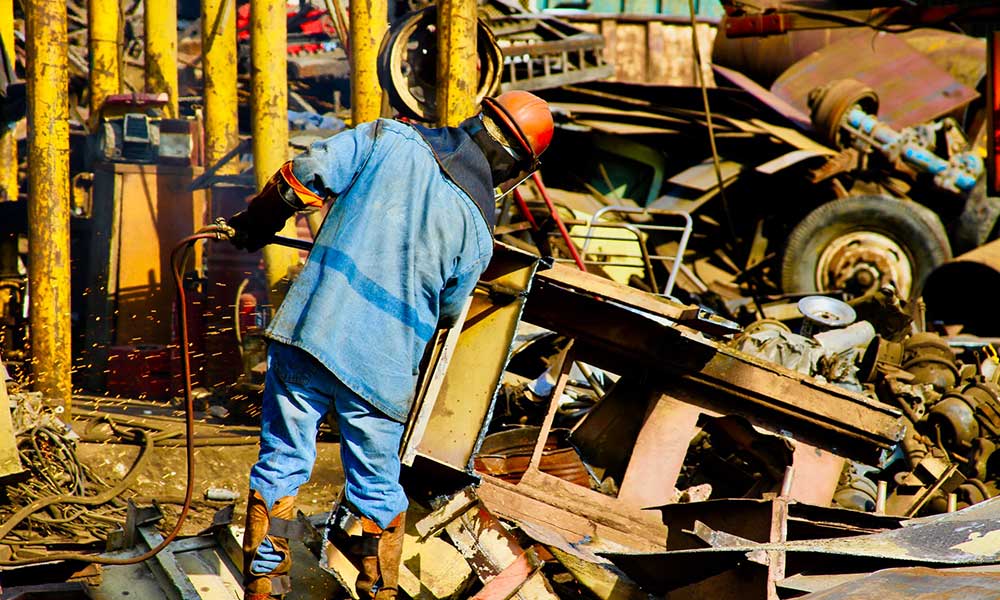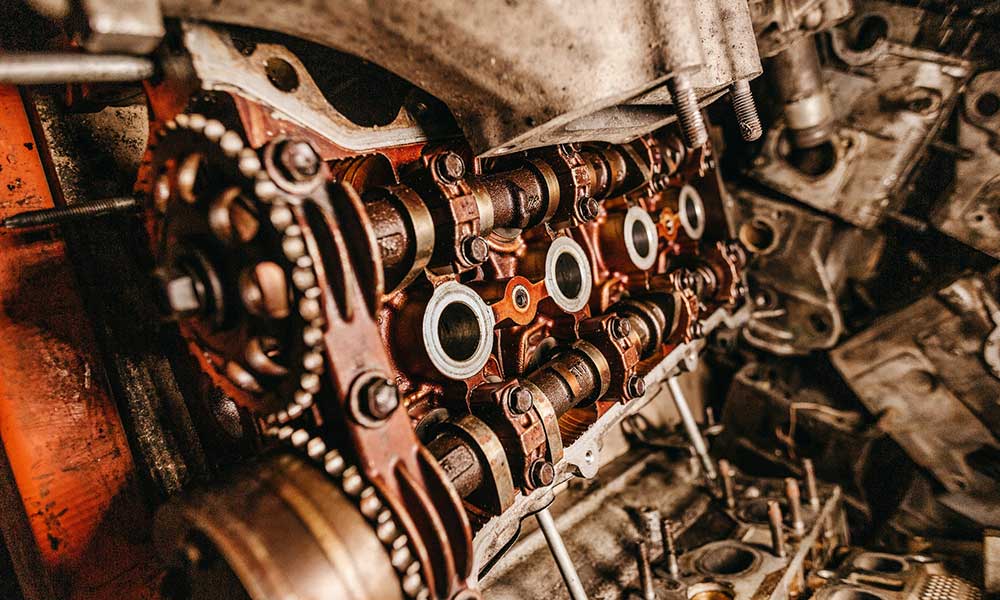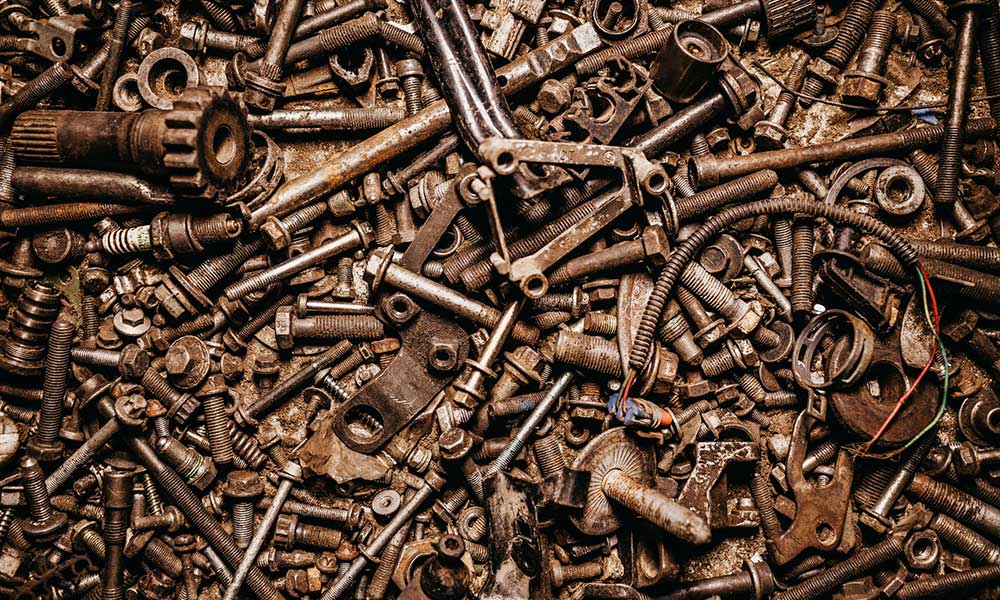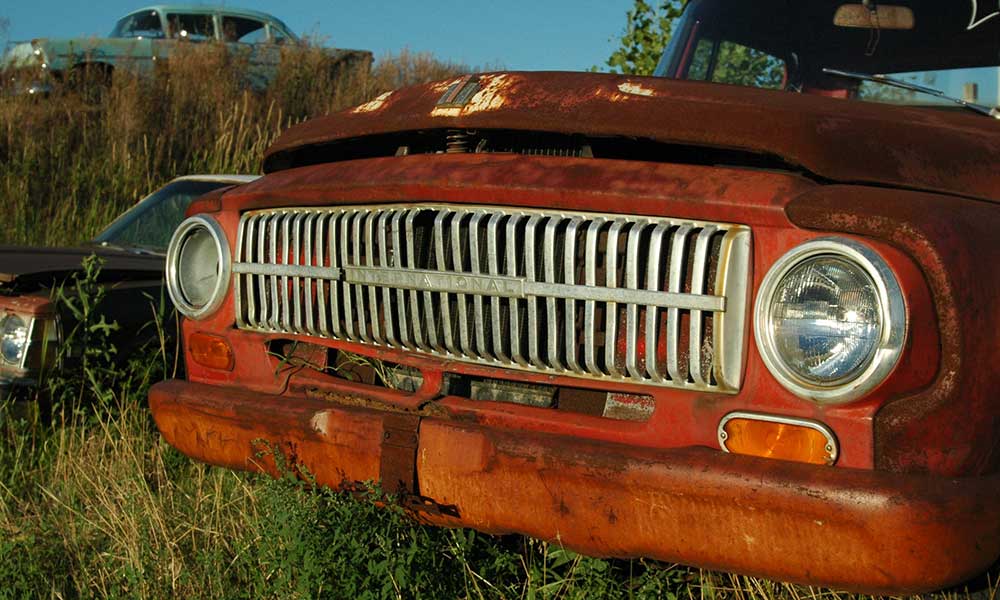When purchasing a vehicle, there are a few terms that you need to be familiar with. One of these terms is “clean title.” Another is “salvage.” But what exactly do these terms mean? And more importantly, what is the difference between the two?
Understanding this difference is essential if you’re going to make an informed decision when buying a used vehicle. This article will explain the difference between clean title and salvage cars and what you need to know before purchasing one.
What are Car Titles
Buying and selling cars involves an exchange of paperwork and crucial documents. One such document is the car title, which serves as legal proof of car ownership. A car title records the current and past owners of the vehicle.
The most recent title will contain important information, such as the current owner’s details, vehicle identification number, and lien information. Your state Department of Motor Vehicles will issue you a car title when you buy a used vehicle.
A car title is issued as a legal document for all vehicles, including trucks, RVs, and motorcycles. Each title will tell you about the car’s history, indicating something specific about the car. The titles range from clean, salvage, rebuilt, bonded etc.
It is important to know the condition of a car when buying online, as it can affect the value and safety of the vehicle. This can help you decide whether to purchase it and at what price. Additionally, it is important to research the car’s history and ensure that you are not being scammed or misled.
Clean Title
Clean title vehicles are what most people think of when looking for a used car. These cars have been inspected and have no issues that would affect their value or performance. This means the car has never been in any major accident, flood, or fire, and there are no outstanding loans or liens on the vehicle.
In other words, a car with a clean title has a clear and unencumbered ownership history. Clean title cars are often more expensive than salvage cars, but they also have several benefits. For one, they’re less likely to have hidden damage or issues. Additionally, they generally have a greater resale value, making them a better investment in the long run.
Salvage Title
A salvage title means the vehicle has sustained some damage and may need repairs before it can be safely driven. A car is considered salvage if it has been declared a total loss by an insurance company.
This can happen for multiple reasons, including a serious accident, flood, or fire. Salvage cars are often repaired and resold, but they will always have a salvage title, which is a document that indicates the car has been declared a total loss. A salvage title may also be when a vehicle is stolen and recovered but too damaged to be driven.
Insurance providers will often issue a salvage title when the cost of repairs exceeds the car’s value. The vehicle’s value is significantly reduced, making it difficult for the owner to sell. Salvage titles also make it more challenging for the insurance provider to reimburse the previous owner for their loss.
Still, salvage cars can be great, especially if you’re on a budget. They’re often much cheaper than clean title cars and can be fixed and made like new. However, it’s important to remember that salvage cars will always have a salvage title, which can be a red flag to some buyers.
How Can You Tell the Difference Between a Clean Title and A Salvage Car?
When you’re buying a car, it’s important to know what type of title your vehicle has. If you don’t, you could end up with a salvage or rebuilt title on your hands—and that can make a big difference in how much the insurance company will pay out if something goes wrong.
One way is to check the car’s title. If the title is clean, it will have no markings or branding that indicate the car has been salvaged. You can also check the vehicle history report, indicating if the car has ever had any other major issues. Also, check out the following:
- Vehicle Value: A car with a clean title will typically have a higher resale value than a car with a salvage title. This is because a car with a salvage title has been damaged and may have ongoing issues that could affect its performance and longevity.
- Insurance: Cars with a salvage title typically have higher insurance rates than cars with a clean title. This is because they are considered a higher risk to insure due to their damage history.
- Registration: A salvage vehicle may have restrictions on registration in certain states. In some states, a car with a salvage title may not be able to be registered for use on public roads.
- Disclosure: A salvage title car must be disclosed when sold, whereas a clean title does not have to be disclosed. This makes it important for buyers to thoroughly research a car’s history before purchasing Form.
What is a Rebuilt Title?
A rebuilt title means a vehicle has been repaired to its original factory specifications. For a car to be titled and registered with the DMV, it must also have its title restored. A rebuilt title indicates that a car has been salvaged and repaired to a drivable condition.
It may have been in a severe accident, flood, or fire and had major structural or mechanical damage. Because of this history, a rebuilt title affects a car’s value compared to a clean title. Besides, some states may restrict registering or insuring a rebuilt vehicle.
The following are some examples of when a car may be issued with a rebuilt title:
- A car may be issued with a rebuilt title if it has been damaged and repaired to a safe and operational condition.
- The specific conditions for a rebuilt title vary by state but generally include passing a safety inspection and meeting certain standards for the repair work.
- The car may also have to pass an emissions test in some states. The car owner may also need to provide documentation of the repairs made to the vehicle.
How to Know if Your Car is Salvage or Rebuilt
The first thing you can do is ask your insurance company. They will likely be able to tell you whether or not the car is salvaged and how much it’s worth if it is. You can also ask the seller, but make sure they aren’t trying to sell something that doesn’t meet their standards.
The VIN (vehicle identification number) is located on most vehicles’ windshields and registration papers. Look for a stamp with “salvage” written next to it or a red X through it. This indicates that this particular vehicle has been declared off-roader legally by certain state laws for such an occasion!
Final Thoughts
The difference between a clean title and salvage is simple: a clean title car has a clear and unfettered ownership history. It has no outstanding issues or damage. On the other hand, a salvage car has been declared a total loss by an insurance company.
Both types of cars have pros and cons, but it’s important to research and know what you’re getting into before making a purchase. Remember, whether you’re buying a clean title or salvage car, always inspect the car carefully before making a purchase.

